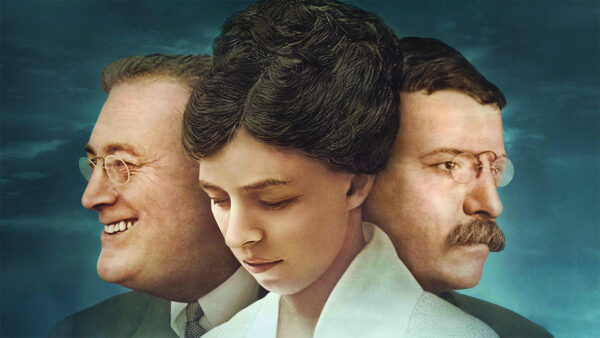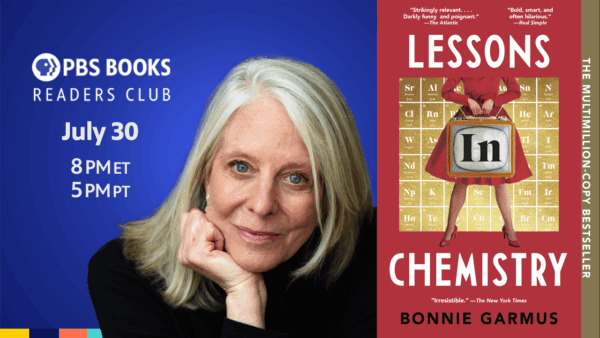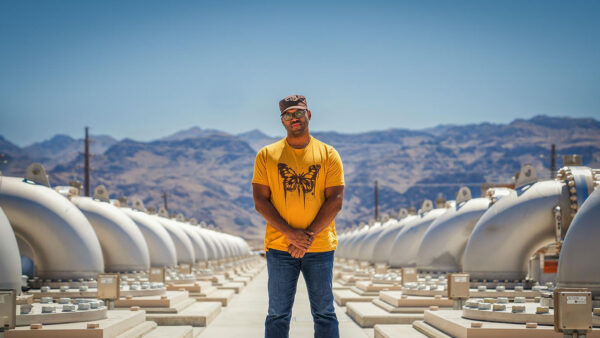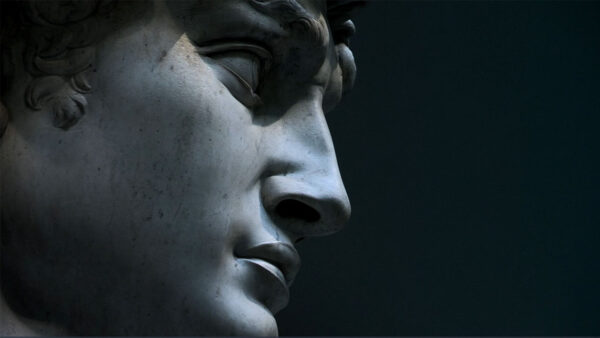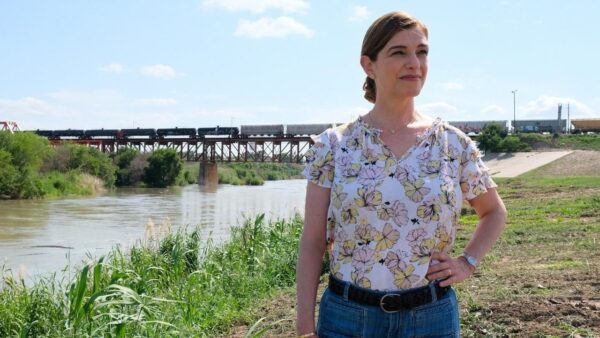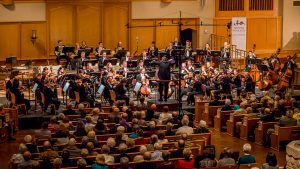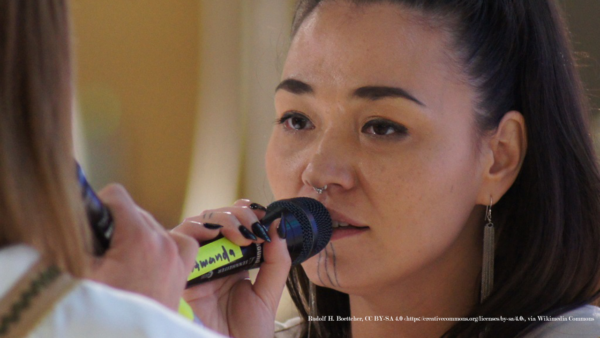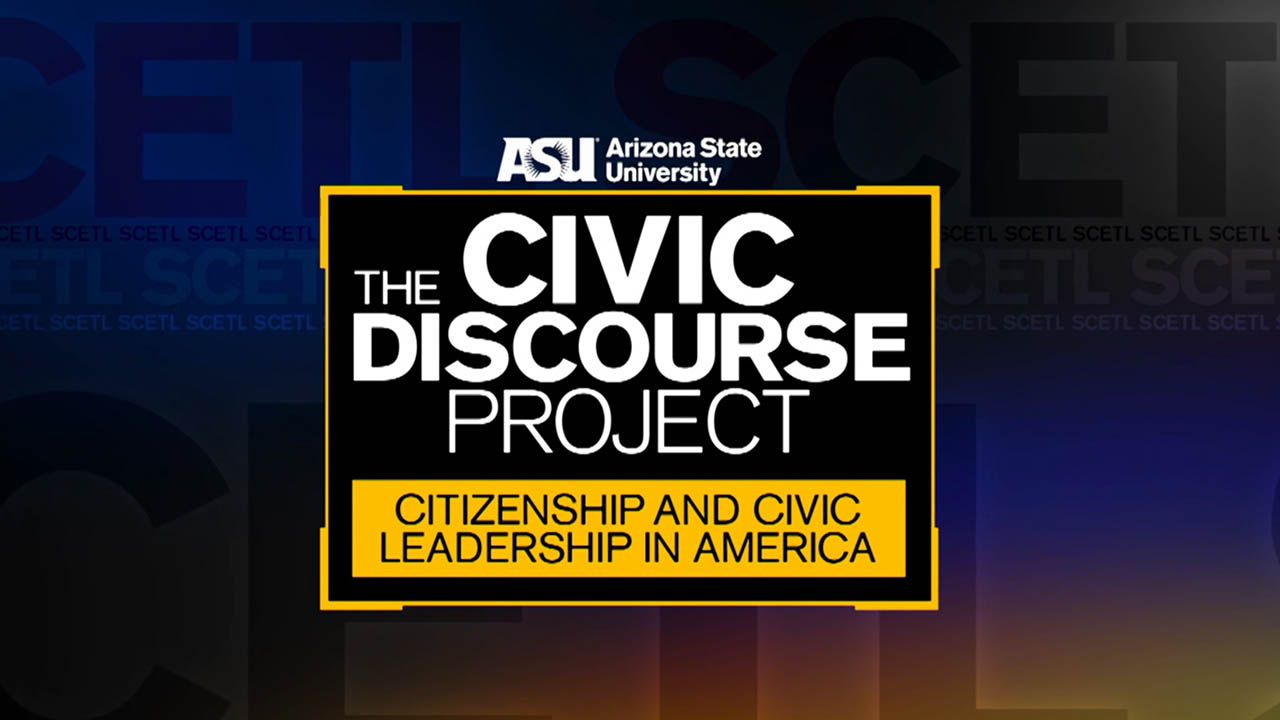
Civic Discourse: Citizenship and Civic Leadership
Sept. 16, 2020
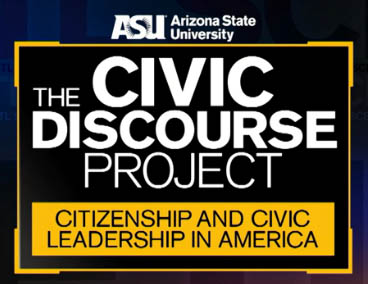
Mark Twain once said that “citizenship is what makes a republic.” The primary purpose of civic education, as envisioned by the Founders, was to instill in our population the civic virtues, basic principles and practices of citizenship that would sustain a republic. What are the characteristics, advantages, duties and responsibilities of a citizen today?
To examine that question, the School of Civic and Economic Thought and Leadership, Walter Cronkite School of Journalism and Mass Communication and Sandra Day O’Connor College of Law hosted a speakers series during the 2019-20 school year.
MORE: Read about the new season of “The Civic Discourse Project.”
Sept. 15, 2020
“Citizenship and the African American Experience”
Angela Dillard, the Richard A. Meisler collegiate professor of Afroamerican & African studies at the University of Michigan, and Peter Myers, professor of political science and U.S. constitutional law, at the University of Wisconsin-Eau Claire, make the case that the Civil Rights Movement was marked by an intellectual and ideological diversity that incorporated a wide range of perspectives in debates about the nature of citizenship and the “proper” strategies for civil rights activism. Some of these threads stretch forward to our contemporary context, while others connect us profoundly to American founding principles.
Sept. 22, 2020
“Communicating with Arizona Voters: The Insider’s View of the 2018 Gubernatorial Campaign and Beyond”
What happens when a campaign is over? Daniel Scarpinato of the Ducey for Governor campaign, and Sarah Elliott of the Garcia Campaign, came to Arizona State University to share what they learned during the campaign and what they learned after the dust of the campaign had settled. The panel was co-moderated by The Arizona Republic’s Maria Polletta, who covered the 2018 gubernatorial race and currently covers state politics.
Sept. 29, 2020
“Becoming American: Immigration and Civic Integration”
Immigration has played an important role in almost every era in U.S. history, but it is often at the center of contentious political and economic debate. What does it mean to “become an American?” What responsibilities do new immigrants have to their newly adopted country? Reihan Salam, president of the Manhattan Institute, and Tomás Jiménez of Stanford University discuss the importance of civic integration for new immigrants to the United States and why it is necessary for both the new American and his or her new country.
Oct. 6, 2020
“Citizenship and the Media: A Responsibility to Promote Civic Literacy”
What is the role of the media in the renewal of our understanding of ourselves as citizens and participants in the American political order? What is the responsibility of the media in the promotion of civic literacy? David Leonhardt, an op-ed columnist for The New York Times, and Ramesh Ponnuru, a senior editor at National Review, discuss the role of the media in elevating civic literacy in a way that contributes to informed active citizenship.
Oct. 13, 2020
“Turning the Corner: What American History Teaches Us About Leadership and Civic Renewal”
Robert Putnam (Harvard University) explores a previous point in history when the United States was deeply polarized: the late 1800s. In the aftermath of the Progressive Era at the beginning of the 20th century, however, America became — unevenly, but steadily — more egalitarian, more cooperative, more generous; a society more focused on our responsibilities to one another and less focused on narrower self-interest. Over the last half century that broad trend from an “I” society to a “we” society has been interrupted and reversed. America’s challenge today is to turn the corner and regain the spirit of reform of the first Progressive Era. Grassroots leadership was then essential to civic renewal and it is again now.
Oct. 20, 2020
“Civic Education and Renewal: Restoring American Civic Legitimacy”
What is education for if not to prepare citizens for meaningful civic participation in the institutions of American government and society? How can we restore healthy civic participation and discussion to American democracy? What sort of education will the renewal of our civic institutions require? This panel featuring Peter Levine of the Tisch College of Civic Life at Tufts University and Wilfred McClay of the University of Oklahoma was a part of the Citizenship and Civic Leadership in America Conference at Arizona State University.
Oct. 27, 2020
“Citizenship and Civic Leadership in America”
In the final episode of this season, Rich Lowry of the National Review speaks on “Nationalism and America” and Yascha Mounk of Johns Hopkins University speaks on“ The Decline of Democracy: Standing Up for Liberal, Democratic Values.”
MORE: Watch previous seasons, “Free Speech: Challenge of Our Times” and “Polarization: A Civic Crisis.”








